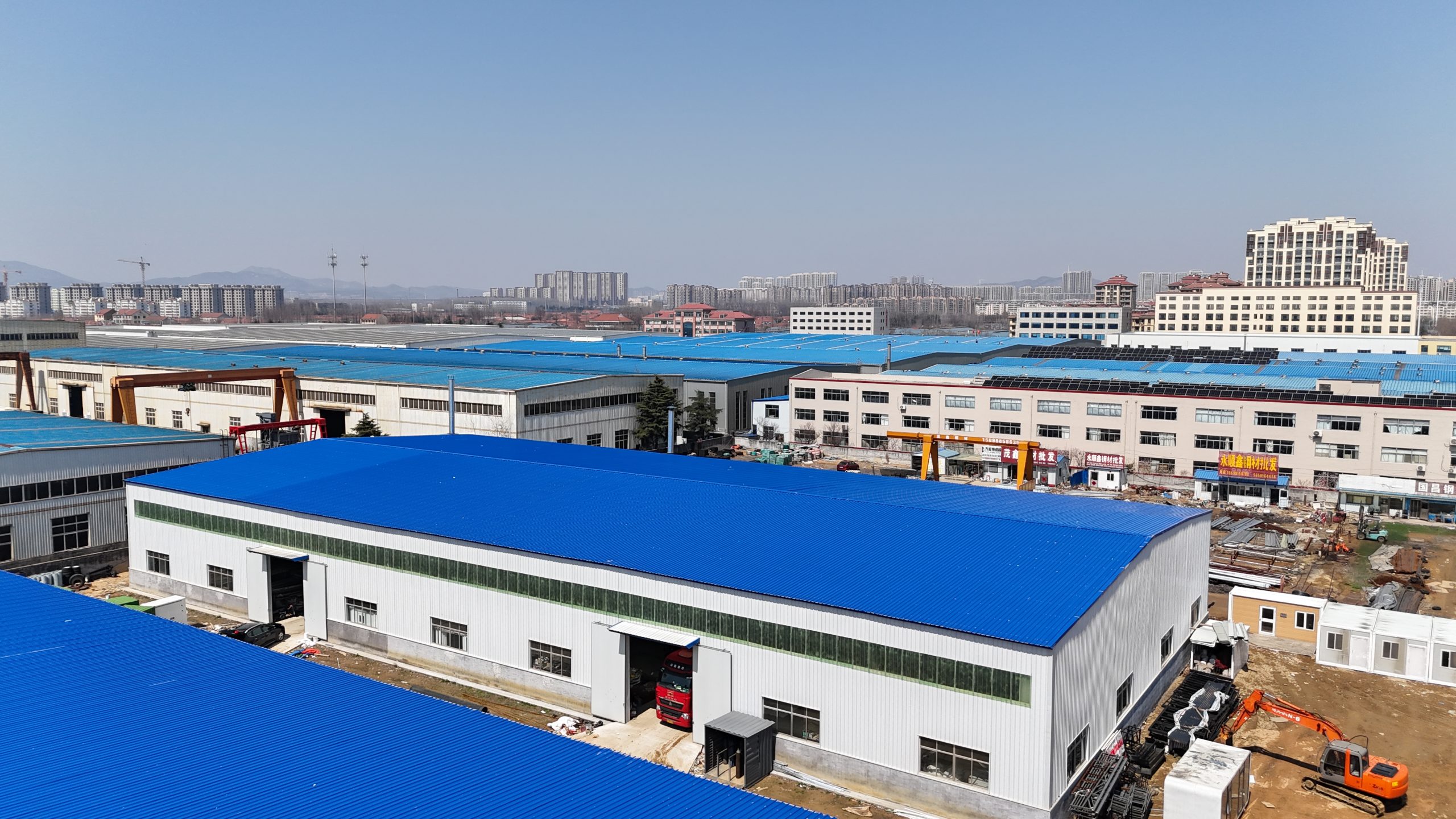Table of Contents
Benefits of Using Recycled Materials in Prefab House Construction
Prefab houses, also known as prefabricated homes, are becoming increasingly popular due to their affordability, speed of construction, and sustainability. One key aspect of sustainability in prefab house construction is the use of eco-friendly materials, particularly recycled materials. Incorporating recycled materials into prefab house construction offers a wide range of benefits, both for the Environment and for homeowners.
One of the primary benefits of using recycled materials in prefab house construction is the reduction of waste. By repurposing materials that would otherwise end up in landfills, builders can help minimize the environmental impact of construction projects. This not only Conserves valuable resources but also reduces the amount of waste that needs to be disposed of, leading to a more sustainable building process.
In addition to reducing waste, using recycled materials in prefab house construction can also help lower the overall carbon footprint of the building. Many recycled materials require less energy to produce than their virgin counterparts, which means that using them can help reduce greenhouse gas emissions associated with manufacturing. By choosing recycled materials, homeowners can contribute to the fight against climate change and create a more environmentally friendly living space.
Furthermore, incorporating recycled materials into prefab house construction can also help improve indoor air quality. Many traditional building materials contain harmful Chemicals and volatile organic compounds (VOCs) that can off-gas over time, leading to poor indoor air quality. In contrast, recycled materials are often less toxic and can help create a healthier living environment for occupants. By choosing eco-friendly materials, homeowners can enjoy improved air quality and a more comfortable living space.
Another benefit of using recycled materials in prefab house construction is the potential for cost savings. While some recycled materials may be more expensive upfront, they can often provide long-term savings through reduced maintenance and energy costs. For example, using recycled insulation can help improve energy efficiency and reduce heating and cooling expenses. Additionally, many recycled materials are durable and long-lasting, which can help lower maintenance costs over time. By investing in eco-friendly materials, homeowners can save money in the long run while also reducing their environmental impact.
In conclusion, incorporating recycled materials into prefab house construction offers a wide range of benefits, from reducing waste and lowering carbon emissions to improving indoor air quality and potentially saving money. By choosing eco-friendly materials, homeowners can create a more sustainable living space that is both environmentally friendly and cost-effective. As the demand for sustainable housing continues to grow, the use of recycled materials in prefab house construction is likely to become increasingly common. By embracing eco-friendly building practices, builders and homeowners can help create a more sustainable future for all.
Sustainable Flooring Options for Eco-Friendly Prefab Houses
When it comes to building a sustainable and eco-friendly home, every detail matters. From the materials used in construction to the finishes and furnishings, every choice can have an impact on the environment. One important aspect to consider when building a prefab house is the flooring. Choosing sustainable flooring options can help reduce your carbon footprint and create a healthier living environment for you and your family.

One popular eco-friendly flooring option for prefab houses is bamboo. Bamboo is a fast-growing grass that can be harvested sustainably without causing harm to the environment. Bamboo flooring is durable, easy to maintain, and has a unique, natural look that can add warmth and character to any home. Additionally, bamboo flooring is a renewable resource, making it a great choice for eco-conscious homeowners.
Cork is another sustainable flooring option that is gaining popularity in prefab houses. Cork is harvested from the bark of cork oak trees, which can be harvested without harming the tree. Cork flooring is soft underfoot, making it a comfortable and quiet option for homes. It is also naturally resistant to mold, mildew, and insects, making it a healthy choice for those with allergies or respiratory issues. Cork flooring is also a great insulator, helping to keep your home warm in the winter and cool in the summer.
For those looking for a more traditional flooring option, reclaimed wood is a great choice for eco-friendly prefab houses. Reclaimed wood is salvaged from old buildings, barns, and other structures, giving it a unique and rustic look. Using reclaimed wood for flooring not only adds character to your home but also helps to reduce the demand for new wood, which can help protect forests and reduce deforestation. Reclaimed wood flooring can be refinished and restored to look like new, making it a sustainable and long-lasting option for your home.
If you prefer a more modern look, consider using recycled glass Tiles for your flooring. Recycled glass tiles are made from post-consumer glass, such as bottles and jars, that have been melted Down and formed into tiles. These tiles come in a variety of colors and styles, making them a versatile option for any home. Recycled glass tiles are durable, easy to clean, and can add a touch of elegance to your space. Using recycled materials in your flooring not only helps to reduce waste but also conserves energy and resources that would be used to create new materials.
In conclusion, there are many sustainable flooring options available for eco-friendly prefab houses. From bamboo and cork to reclaimed wood and recycled glass, there are plenty of choices to suit your style and budget. By choosing eco-friendly materials for your flooring, you can create a healthier and more sustainable home for you and your family. Consider these options when building or renovating your prefab house to make a positive impact on the environment and enjoy a beautiful and sustainable living space.
